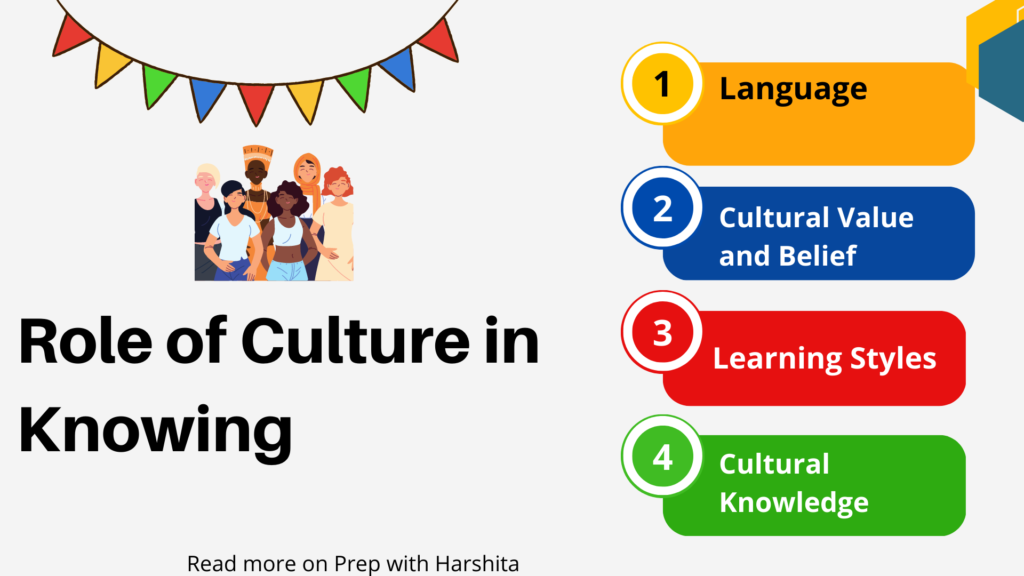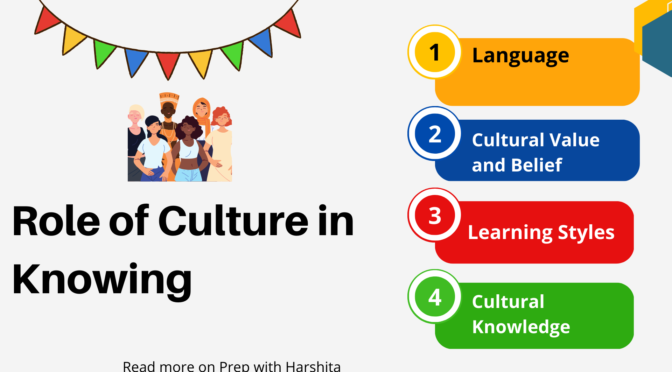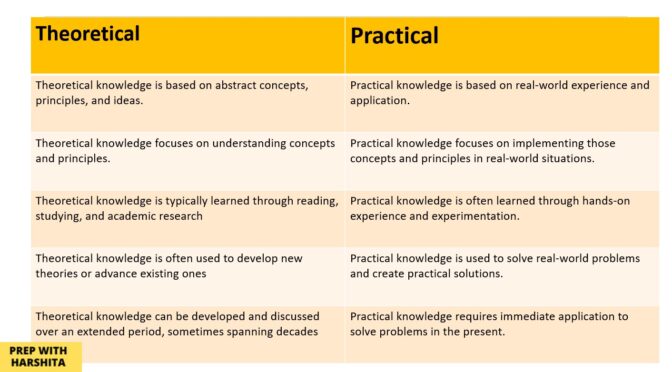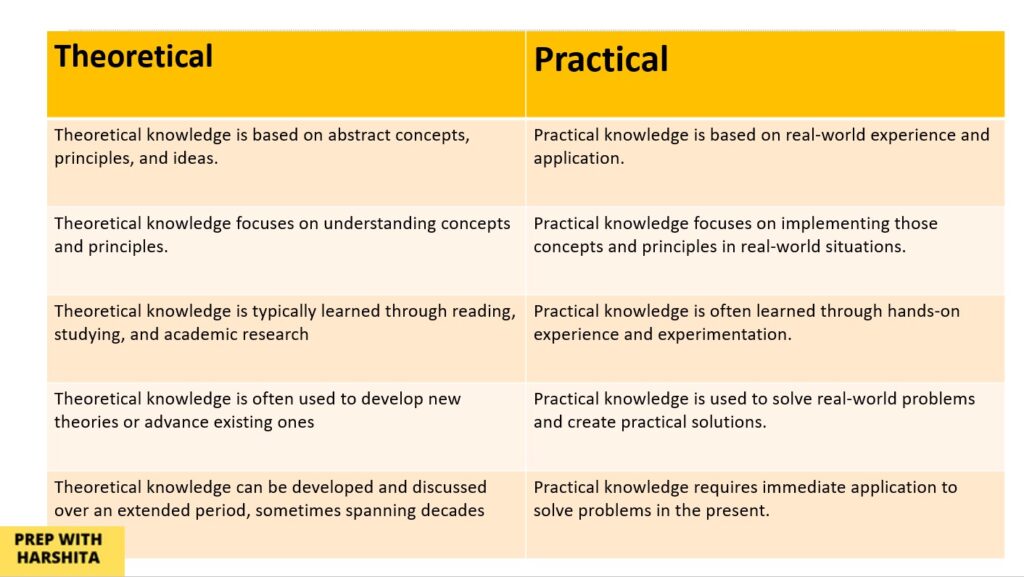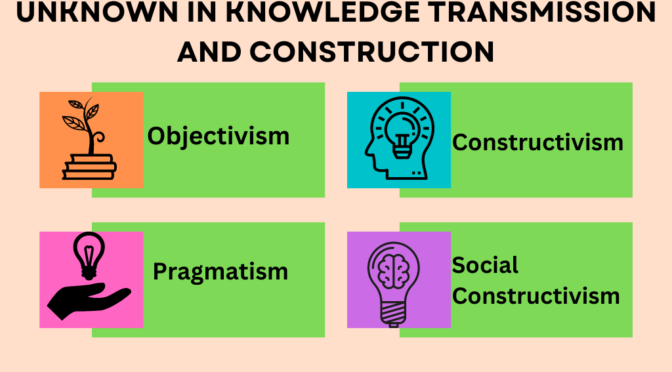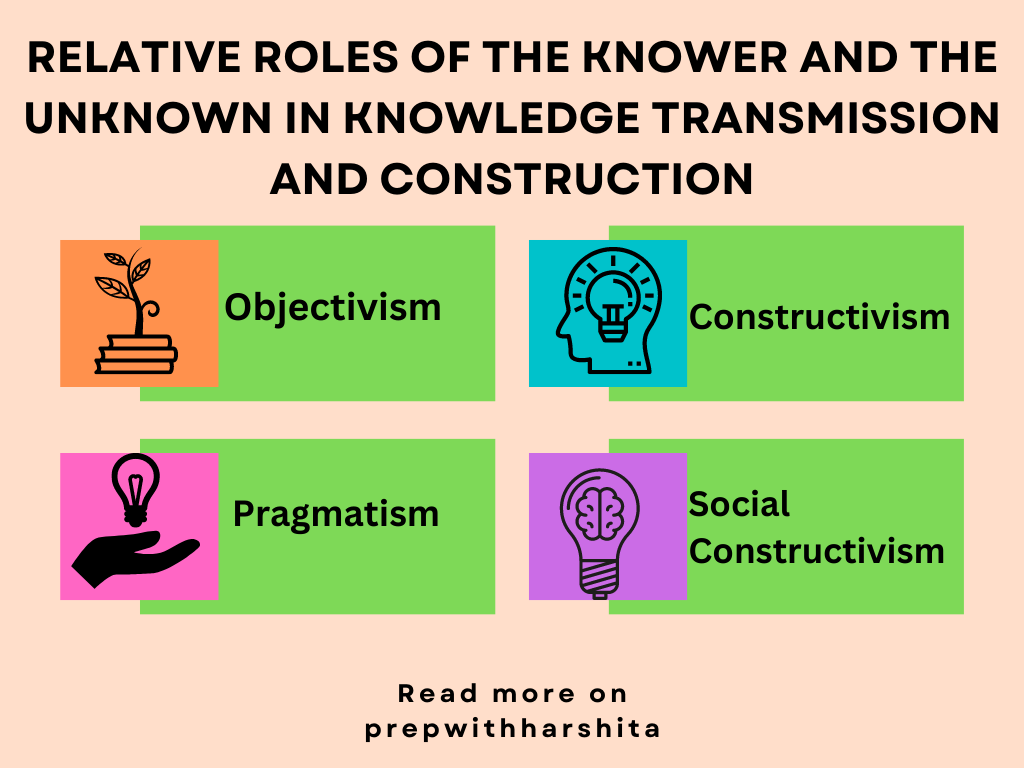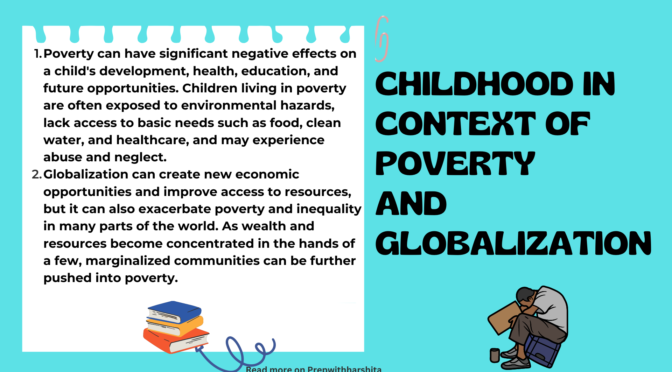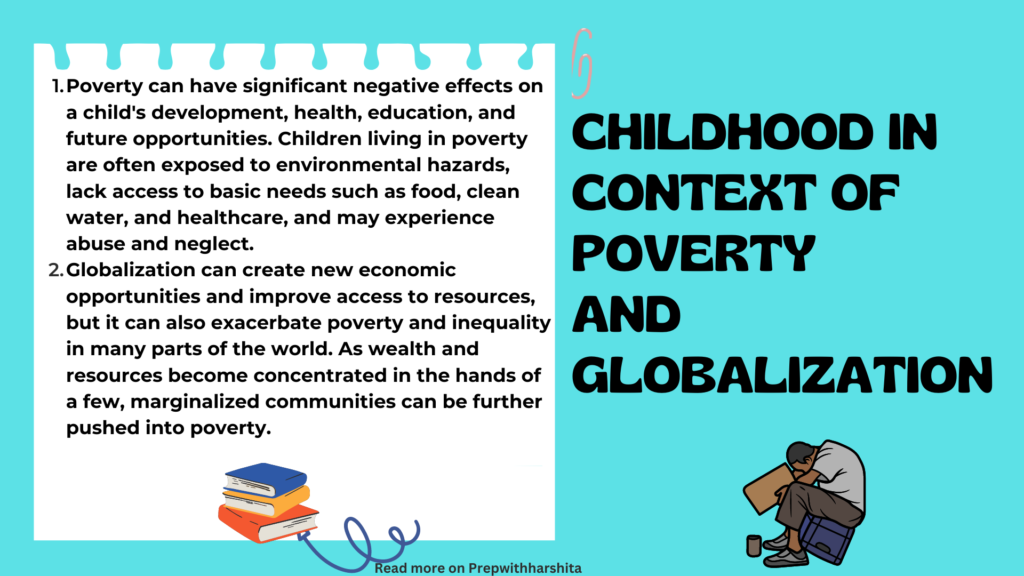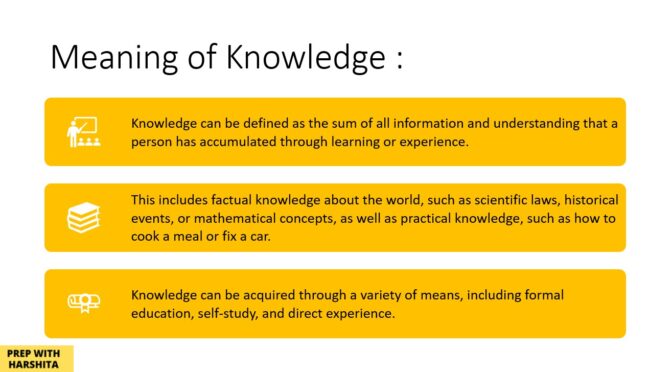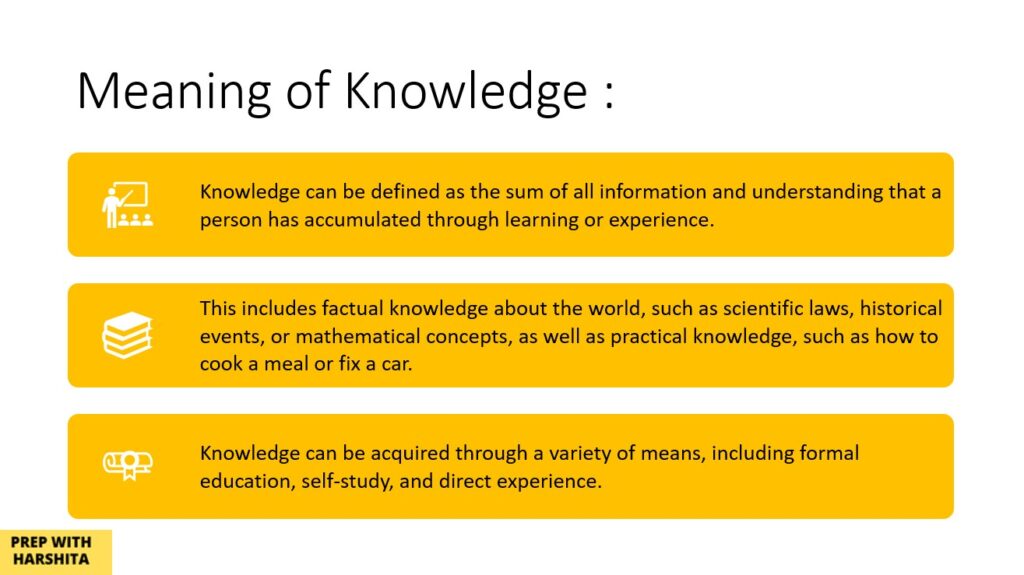Culture plays a significant role in shaping what we know and how we acquire knowledge.
Our cultural background influences the way we perceive the world and the information that we are exposed to. It affects our beliefs, values, attitudes, and ways of thinking, which in turn influence our understanding of the world around us.
Seven ways in which culture plays a role in knowing:
- The cultural background shapes our worldview: Our cultural background influences the way we perceive the world, and this shapes our beliefs, values, attitudes, and ways of thinking. For example, someone from a collectivist culture may view the world through a different lens than someone from an individualist culture.
- Language influences knowledge acquisition: Language affects the concepts we use to understand the world. The way a language categorizes and interprets information can influence the way we acquire knowledge. For example, some languages may have many words to describe a particular object or idea, while others may have only a few.
- Cultural values and beliefs influence knowledge: Cultural values and beliefs can impact the way we perceive and interpret information. For example, some cultures may place a greater emphasis on spirituality, while others may prioritize scientific knowledge.
- Learning styles vary across cultures: Different cultures may have different learning styles and preferences. For example, some cultures may emphasize memorization, while others may focus more on critical thinking and problem-solving skills.
- Culture shapes decision-making: Cultural norms and values can influence the way we make decisions. For example, some cultures may value group consensus and collaboration over individual decision-making.
- Cultural knowledge is passed down through generations: Cultural knowledge is often passed down from one generation to the next through language, storytelling, and other cultural practices.
- Culture influences creativity and innovation: Cultural diversity can lead to new and innovative ideas. Exposure to different perspectives and ways of thinking can spur creativity and innovation.
Also Visit: Prep with Harshita
